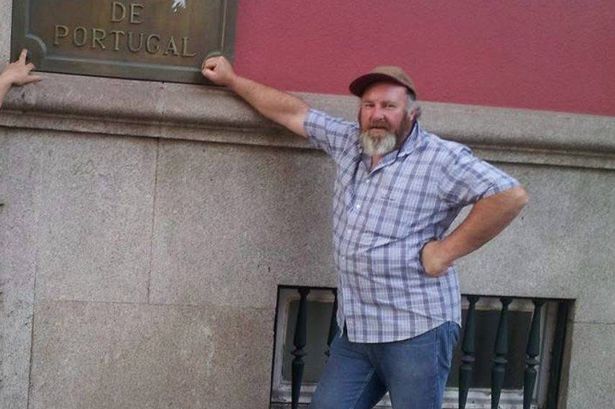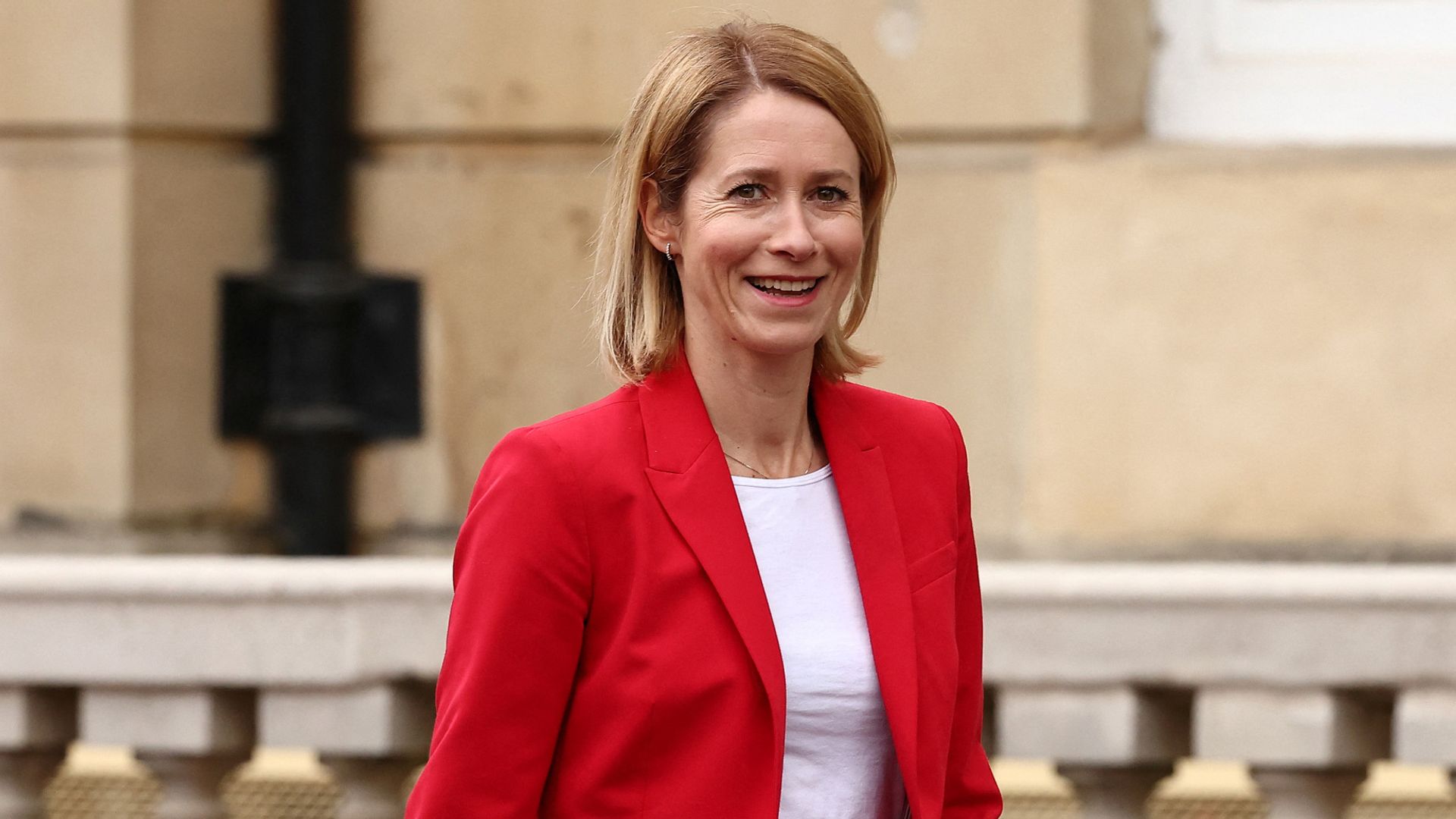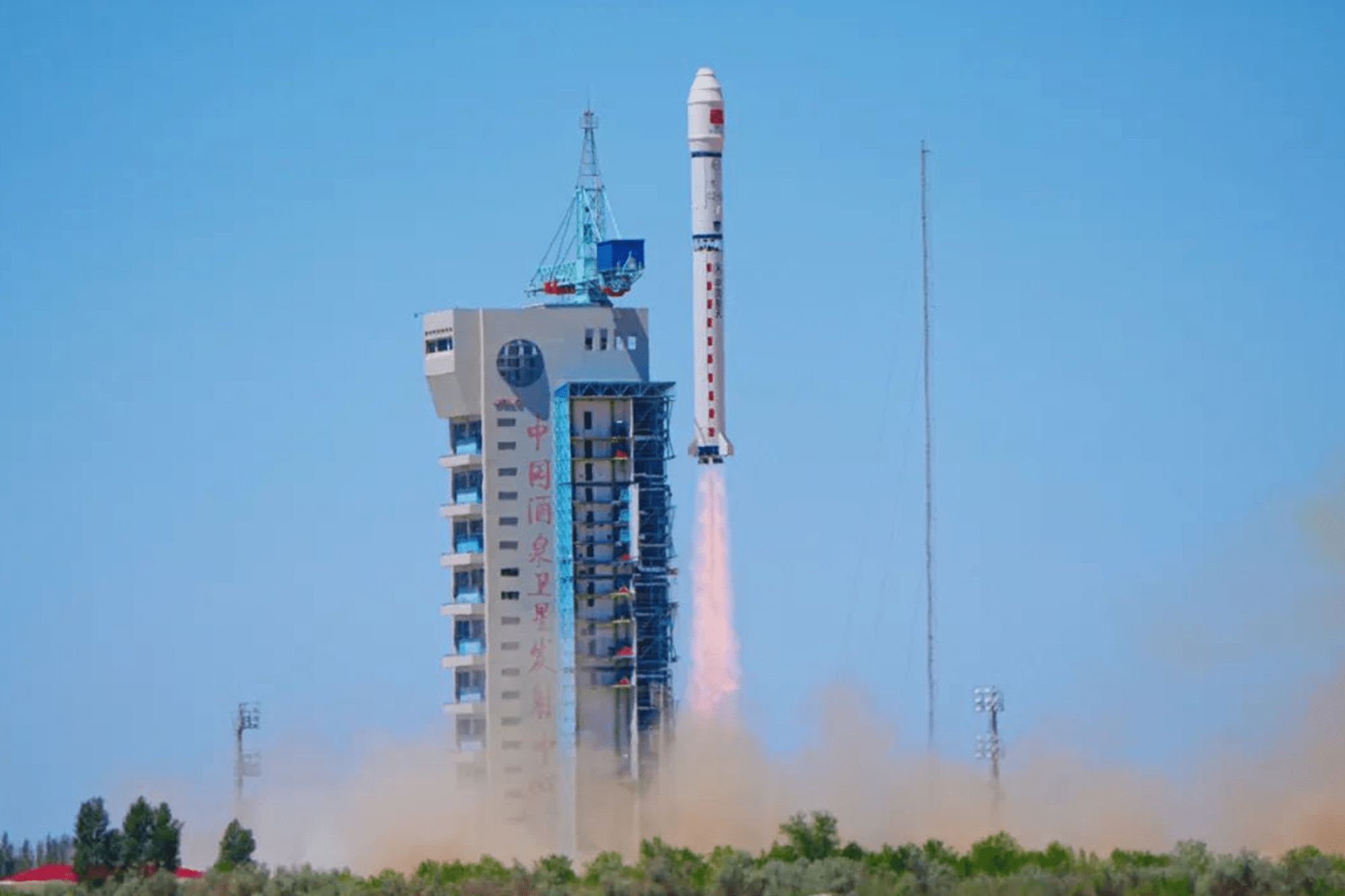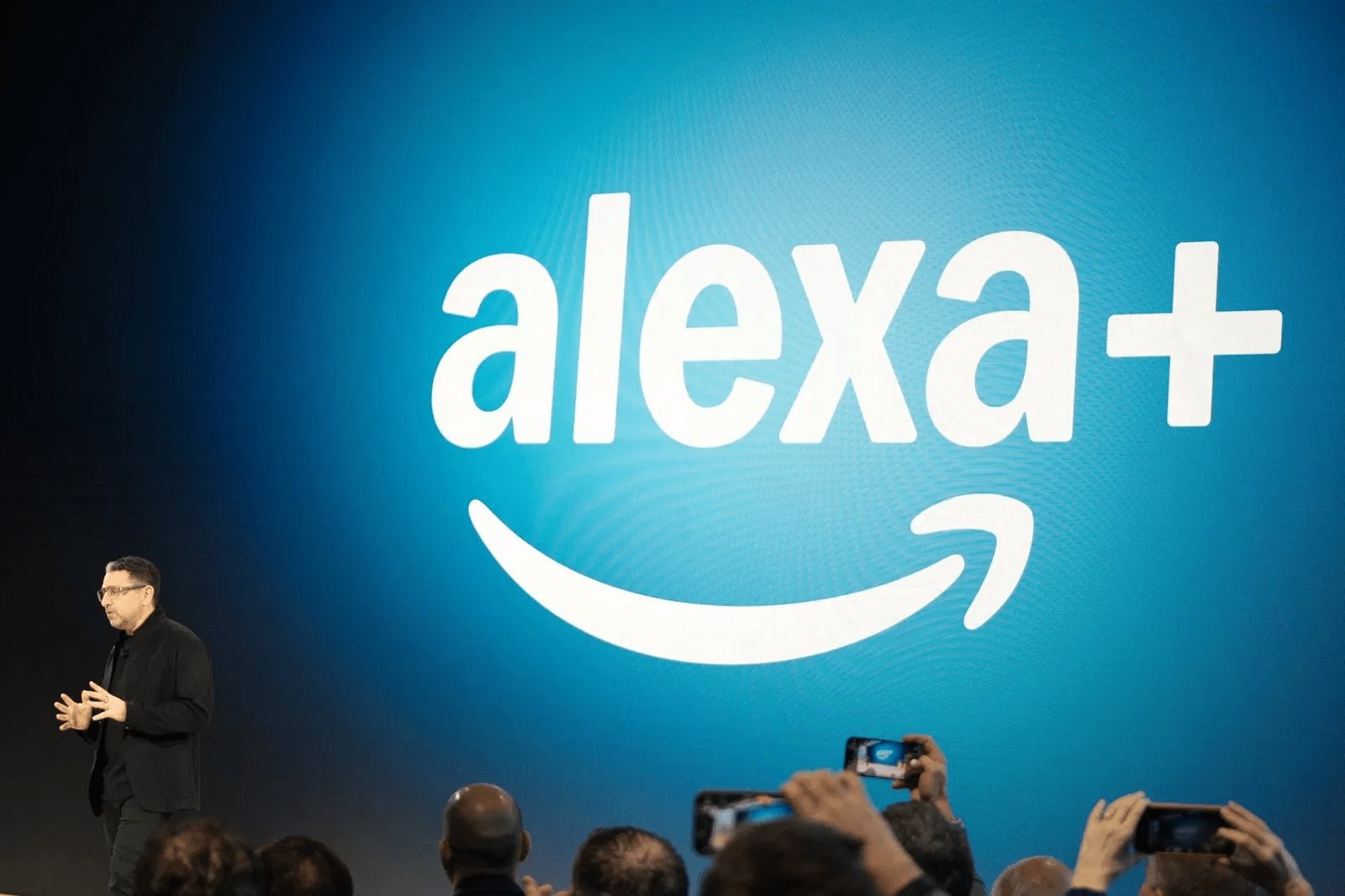Europe marks VE Day with Trump on its mind

As Europe commemorates the 76th anniversary of VE Day, marking the end of World War II on the continent, the focus is not solely on the past, but also on the future. The recent unraveling of Western alliances, coupled with the rise of populism and nationalism, has many Europeans feeling that they are entering an era that seems somewhat distant from what VE Day once represented. Amid these developments, one figure looms large: former US President Donald Trump.
The Victory in Europe Day, or VE Day as it is commonly known, represented the triumph of unity over division, of shared values over destructive ideologies, and of international cooperation over isolationist tendencies. But as Europe marks this significant day in its history, there is a palpable sense of unease about the current state of transatlantic relations and the broader Western alliance.
The Trump presidency, with its “America First” mantra and its skepticism of multinational institutions, has left enduring marks on the European psyche. It has raised questions about the reliability of the United States as a partner and has emboldened those who believe that Europe should pursue a more independent course.
“The Trump years were a wake-up call for Europe,” says François Heisbourg, a veteran French diplomat and Chairman of the International Institute for Strategic Studies. “We saw that the transatlantic relationship is not a given, that it needs to be nurtured and defended. And we saw that Europe needs to take care of its own security.”
Beneath the surface, there is a deep concern about the erosion of the shared values that underpinned the alliance. Under Trump, the US withdrew from the Paris Climate Agreement, undermined NATO, and engaged in a trade war with the EU. As well as these direct impacts, Trump’s presidency also encouraged a surge of populism and nationalism in European countries, mirroring his own brand of politics.
European leaders are aware that Trump’s influence is far from over, despite his loss in the 2020 election. His brand of politics continues to resonate with a significant number of people, both in the US and in Europe. The possibility of his return to power in 2024 is a cause for concern in many European capitals.
“The Trump phenomenon is not an isolated event, but part of a broader trend of populism and nationalism,” says Rosa Balfour, director of Carnegie Europe. “His possible return to power would further strain the transatlantic relationship.”
In response to these developments, there is a growing consensus in Europe that it needs to be more self-reliant and less dependent on the US. This sentiment is reflected in the EU’s recent proposal for a “Strategic Compass,” a document that seeks to define the EU’s security and defense ambitions for the next decade.
At the same time, however, there is also a realization that Europe and the US need each other. The Biden administration has signaled its intent to repair the transatlantic relationship, but it will take time and effort to rebuild trust.
Europe is at a crossroads as it marks VE Day. The values of unity, cooperation, and shared values that VE Day represented are being challenged like never before. The shadow of Trump, and what his presidency symbolized, looms large over the continent.
These challenges, however, also present opportunities. Europe has a chance to redefine its role on the global stage and to shape its own destiny. The lessons of VE Day – the importance of unity, cooperation, and shared values – are more relevant than ever. As Europe commemorates VE Day, it must also look to the future with hope, resilience, and determination.








